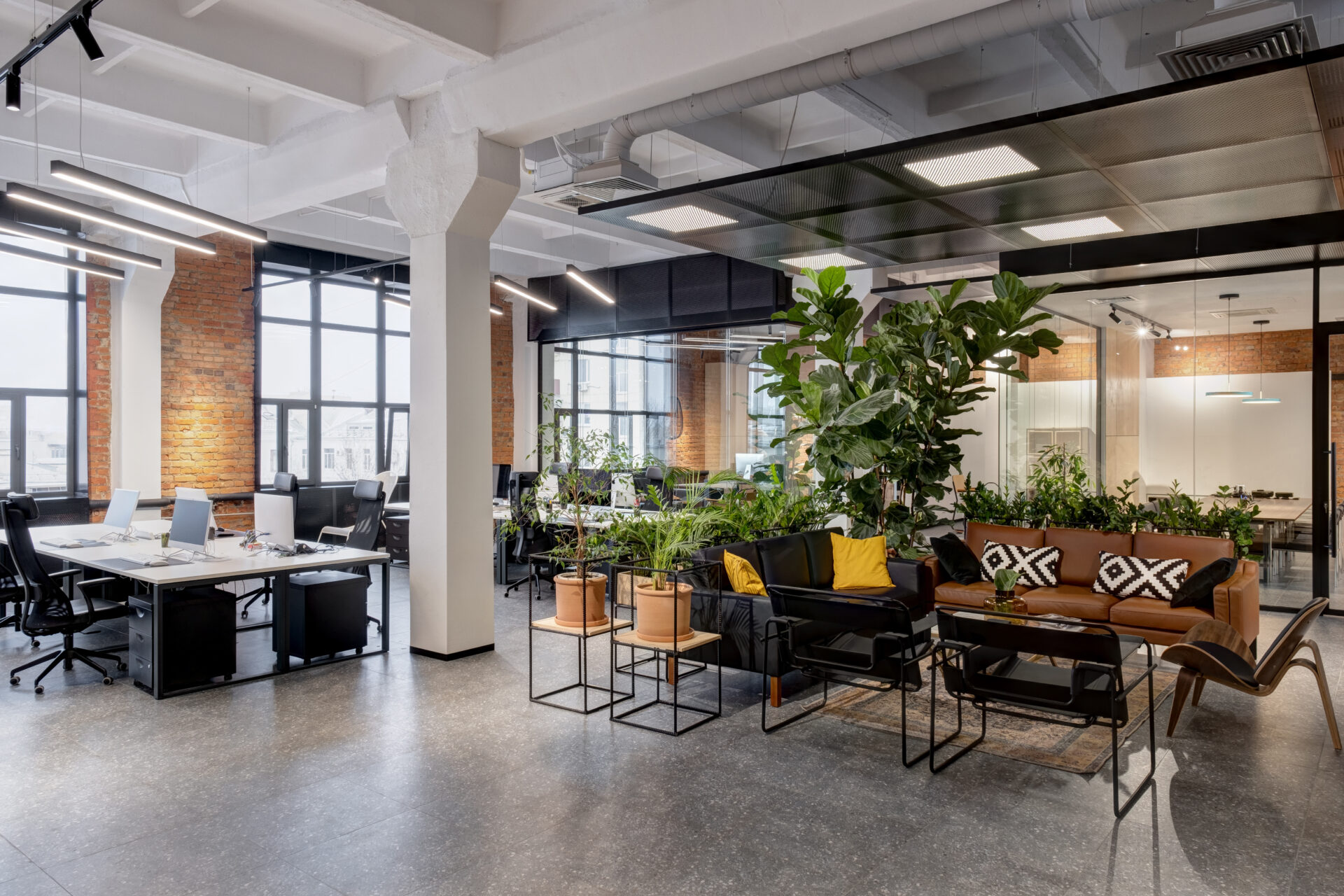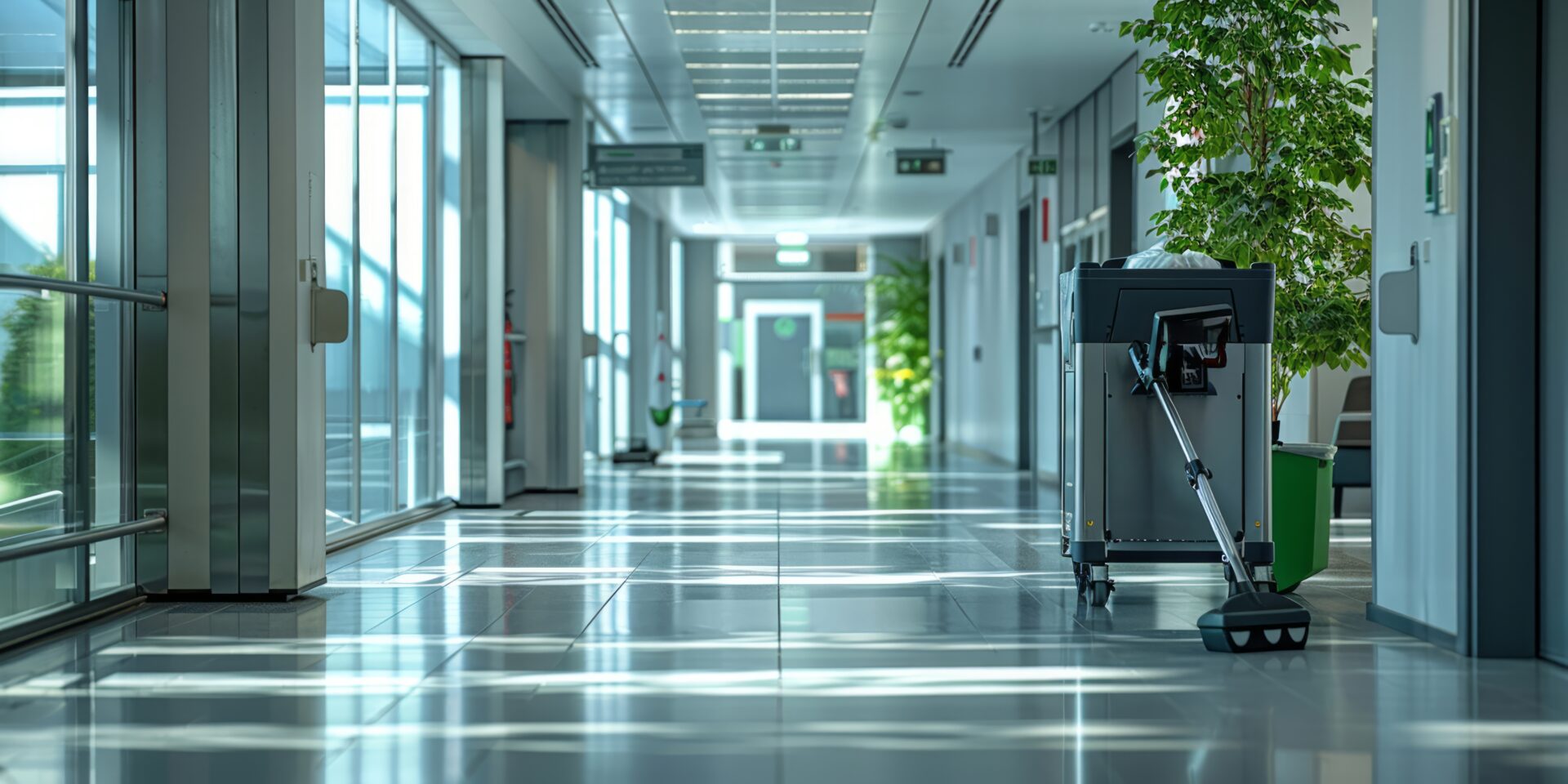The Toll of Unhealthy Indoor Air: More than Two-Thirds of Americans are Concerned About Germs in Indoor Spaces
R-Zero Study Highlights Concerns, Impact of Indoor Air Quality and Health
Company Also Announces New Pricing Structure for its UV-C Technology to Make Clean Air More Accessible in Underserved Communities
SALT LAKE CITY and SAN FRANCISCO, June 13, 2023 – R-Zero, a global leader in healthy buildings and green buildings, today unveiled the results of its new “Indoor Air Impact” report, which sheds light on the impact of indoor air quality on physical and mental health, Americans’ attitudes towards crowded indoor spaces, and workplace hygiene. The findings reveal significant concerns around indoor air quality, an underlying health issue that has long gone unaddressed. As consumer demand for healthier indoor spaces continues to grow, R-Zero is also expanding access to its UV-C disinfection technology by offering reduced pricing to under-resourced populations in education and healthcare: Title I schools and Critical Access Hospitals.
“Not only are people demanding healthier indoor spaces, but it has become mission critical for businesses to protect their workforce while maintaining sustainability goals and creating spaces that optimize productivity,” said R-Zero CEO Jennifer Nuckles. “While we are seeing some movement through recently enhanced guidelines for air quality and ventilation, there is much more work to be done to ensure that healthy air is prioritized in every indoor space. Our updated pricing plan is making it easier to ensure equitable access to clear air, especially in under-resourced communities that typically see worse health outcomes across the board.”
Health Implications of Poor Indoor Air Quality
Almost one-half of Americans (44%) say their physical health is negatively impacted by being indoors for long periods of time. Additionally, more than one-half (51%) of Americans say their mental health is negatively impacted by being indoors for long periods of time. This effect is more prevalent among females (56%) compared to males (47%).
More than two-thirds (68%) of Americans believe it is important to use an air purifier in their homes, demonstrating a growing awareness of the need for clean indoor air and how consumers are taking it upon themselves to ensure clean air in their own spaces. Respondents are worried about the health implications from poor indoor air quality, and have noticed multiple physical and mental health effects of being indoors for extended periods of time. Respondents reported experiencing the following symptoms:
- Headaches: 39%
- This trend is more noticeable among females (44%) than males (34%).
- Nose or throat irritation: 33%
- Fatigue: 32%
- Decreased productivity: 25%
- Dizziness: 18%
Lingering Unease in Public Indoor Spaces
More than half (52%) of Americans still feel uneasy about being in crowded, indoor spaces due to the potential spread of germs. This sentiment is more pronounced among females (56%) compared to males (47%). Notably, younger generations expressed more unease than older Americans.
- 18 – 34 year olds: 60%
- 35 – 44 year olds: 58%
- 45 – 54 year olds: 55%
- 55 – 64 year olds: 44%
- 65+ years of age: 40%
The survey also highlighted the locations that respondents are most concerned with having the potential to spread germs. More than half of Americans are concerned about germ spread potential in:
- Travel locations (airport, airplane, hotel): 70%
- School or childcare locations: 68%
- Females are more concerned about these locations (73%) compared to males (63%).
- Small enclosed spaces (public bathroom, elevator): 68%
- Females are noticeably more worried about these locations (74%) compared to males (62%).
- Medical facilities: 67%
- Indoor offices: 58%
- Younger generations expressed more concern for germ spread in workplace locations, with 65% of 18-54 year olds expressing concern, compared to 51% of those ages 55-64 and 44% of those ages 65+.
Goodbye Office Lunches, Hello Healthy Indoor Air
Workplace health etiquette has become a common concern among individuals post-pandemic, and as a result, businesses are facing growing demand to prioritize the health of their office environments. Nearly three-fourths of workers (74%) would choose a workplace that prioritizes a healthy indoor environment over extra monthly personal stipends or free lunches.
Additional findings include:
- Replying All: A staggering 74% of Americans consider going to work sick a bigger workplace offense than “replying all” on company-wide emails.
- Oversharing: Nearly half (46%) of Americans frequently worry about catching illnesses from colleagues they share a workspace with at work. This concern declines among older generations.
- 18 – 34 year olds: 52%
- 35 – 44 year olds: 55%
- 45 – 54 year olds: 44%
- 55 – 64 year olds: 33%
- 65+ years of age: 20%
- Sacrificing PTO: More than half (56%) of Americans would willingly give up a vacation day to ensure their coworkers do not come to the office while sick.
R-Zero Expands Access to Clean Indoor Air
These findings underscore the significance of creating healthier indoor environments and implementing effective disinfection practices. R-Zero is expanding access to clean indoor air among under-resourced communities by reducing the cost of its UV-C disinfection technology for Title 1 schools and Critical Access hospitals to just $4 per day. R-Zero remains committed to providing cutting-edge solutions that protect the well-being of individuals in all types of indoor spaces efficiently and sustainably, while ensuring equitable access to its technology.
For more information on R-Zero’s Harris Poll findings and its industry-leading disinfection solutions, please visit https://rzero.com/blog/over-two-thirds-of-americans-worry-about-germs-in-indoor-spaces-unveiling-the-toll-of-unhealthy-indoor-air/.
Survey Methodology
This survey was conducted online within the United States by The Harris Poll on behalf of R-Zero from May 16 – 18, 2023 among 2,068 U.S. adults ages 18 and older. The sampling precision of Harris online polls is measured by using a Bayesian credible interval. For this study, the sample data is accurate to within + 2.7 percentage points using a 95% confidence level. For complete survey methodology, including weighting variables and subgroup sample sizes, please contact rzero@sutherlandgold.com.
About R-Zero:
R-Zero is a healthy buildings and green buildings company dedicated to making our shared indoor spaces safer and more efficient, sustainable, and productive. R-Zero combines the power of UV-C light, IoT-connected hardware and sensors, and AI to enable organizations to create safe shared environments for our education, healthcare, corporate, and public sector communities to thrive. R-Zero’s system of connected UV-C disinfection technology protects millions of people and provides automation, greater visibility, and smarter risk reduction to bring people together safely. For more information, visit www.rzero.com.
Contact:
Hannah Williams
SutherlandGold for R-Zero
rzero@sutherlandgold.com
More posts you might like
-

The importance of indoor air quality testing in office buildings
In today’s workplace, ensuring a healthy and productive environment for employees is crucial. One of the most significant factors influencing workplace well-being is indoor air quality (IAQ). As part of our focus on smart buildings, R-Zero offers advanced indoor air quality testing solutions like the R-Zero IAQ Monitor, designed specifically for enhancing occupant comfort and […]
-

The evolution of workplace experience and design: 4 trends shaping the future of office spaces in 2024
As workplace standards evolve, office design must adapt to new expectations around hybrid work and sustainability. JLL’s recent U.S. and Canada Design Trends and Cost Guide highlights key shifts shaping the future of office spaces. Workplace experience trend 1: Human-led design Workspaces are being reimagined to support both collaborative and focused work. The emphasis is […]
-

What is Smart Cleaning & How Can it Benefit My Healthcare Facility?
Did you miss our recent webinar on how smart cleaning can help optimize healthcare facilities for people, energy, and sustainability? During the webinar, our healthcare experts covered insights and case studies exploring how data-driven strategies are enhancing hospital cleaning protocols, resulting in optimized EVS staff productivity, faster patient room turnaround, and more effective cleaning of […]